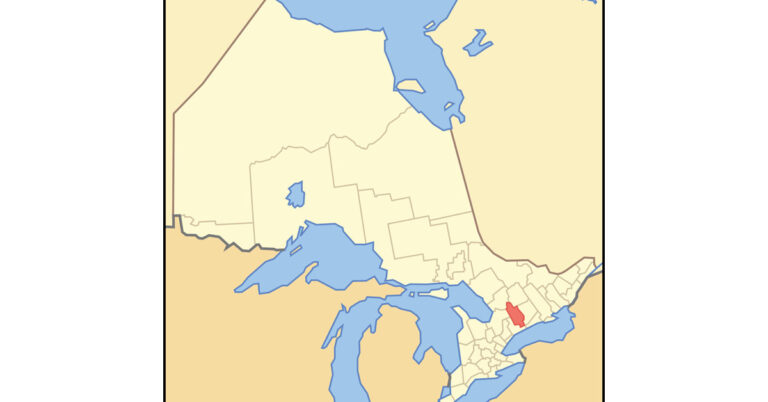Q: My 5-year-old off-the-track Thoroughbred gelding, who I compete in hunters, won’t let me clip his whiskers or under his jaw even when twitched or sedated. (He rears up and strikes out when I try.) I don’t think he’s afraid of the horse clippers themselves because he lets me clip his fetlocks and coronary bands without any problem, and having the clippers turned on nearby doesn’t seem to bother him. I can clip his ears and bridle path if he’s twitched. My guess is that he’s really sensitive, because he won’t let me use a razor or scissors either. I’ve tried spending time before and after each ride rubbing his muzzle with a terry cloth towel to desensitize the area, and he’s fine with that, but I still can’t clip him! Any suggestions?
JOYCE HARMAN, DVM
A: My question for you and for most other competitive riders is: “Why would you clip your horse’s whiskers?” Although they may appear superficial and nonessential, horse whiskers provide valuable information to horses. Equine eyes are positioned in such a way that objects immediately in front of or below horses’ noses are beyond their range of vision. So their horse whiskers help them “see” these objects. For example, while grazing, horses constantly rely on their whiskers to guide their muzzles toward edible food and away from other objects. The long whiskers near their eyes also warn them when there’s a risk of bumping into obstacles, such as branches poking up out of the grass.

Because whiskers serve as a sort of “third eye” for horses, I wonder if your horse’s extreme reaction to having his whiskers clipped may indicate some type of visual impairment. We currently have no way of determining the accuracy of individual horses’ vision. (Until we can teach horses how to read eye charts, our equine ocular diagnostic abilities are limited to obvious problems, such as foreign bodies, degenerative diseases and infections in the eyes.) But it would make sense that, just like humans, some horses may be nearsighted or farsighted. Perhaps your horse has a vision impairment and has learned to compensate for it by relying even more on the sensory ability of his whiskers, much the way blind people develop unusually sensitive fingertips. The threat of losing his whiskers may be sending him into a complete panic.
Another possible explanation may be that your horse is experiencing pain in his mouth or jaw. Young horses experience tooth-eruption issues that can make their muzzles and jaws sensitive to the touch. Older horses, too, can experience occasionally painful tooth problems. Incorrectly used curb bits and chains can also cause nerve damage and oversensitivity. Your veterinarian can help you rule out these possible causes.
Whatever your horse’s reason for resisting trimming, ask yourself if it really is necessary. The practice of clipping horses’ whiskers may be common, but it is purely for cosmetic reasons. There is no box on the judge’s scorecard for “trimmed whiskers.” Sure, a healthy bloom to your horse’s coat, produced through good nutrition, exercise and basic grooming, can help to make a good impression in the show ring. But if you have a terrific trip, little details like your horse’s whiskers should not affect your placing.
Dr. Joyce Harman is always looking for better, safer ways to treat and train horses. She complements her traditional veterinary background with a wide variety of holistic treatments, ranging from acupuncture and chiropractic to homeopathy and herbal medicine. Based at her Harmany Equine Clinic in Flint Hill, Virginia, Dr. Harman frequently writes for and lectures to both professional and lay audiences. She has written two books about saddle fitting (for English and Western riders), which are available at www.harmanyequine.com, along with many other healing tips and products, or at www.EquineNetworkStore.com.
This article originally appeared in the December 2011 issue of Practical Horseman magazine.










